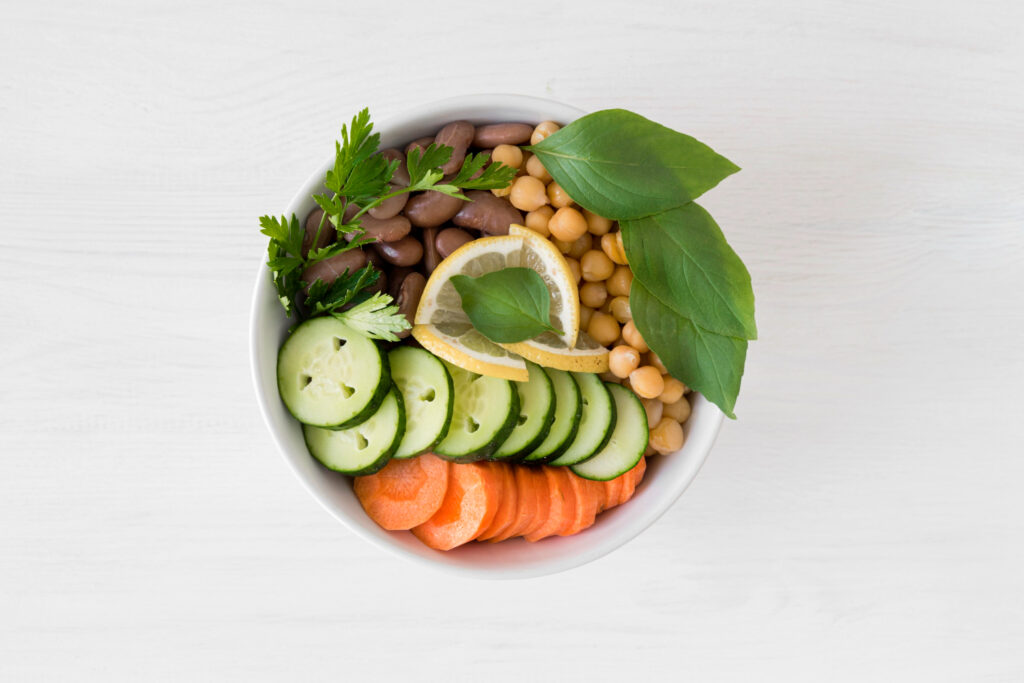
Fasting in Ramadan and Intermittent Diet Introduction
Fasting during Ramadan is a sacred practice observed by millions of Muslims worldwide. It is not only a spiritual obligation but also an opportunity for self-reflection, empathy, and personal growth. In recent years, the concept of intermittent fasting has gained popularity in health and wellness circles. In this blog, we explore the similarities, differences, and health implications of Ramadan fasting and intermittent fasting. Let’s dive in!
Ramadan Fasting: A Spiritual Journey
What is Ramadan Fasting?
Ramadan fasting, also known as Sawm, is one of the Five Pillars of Islam. It involves abstaining from food, drink, smoking, and sexual relations from dawn (Fajr) to sunset (Maghrib) each day throughout the entire month of Ramadan. Beyond physical abstinence, Ramadan fasting encourages holistic practices, including spiritual growth, self-restraint, empathy for the less fortunate, and increased devotion to Allah.
Is Fasting During Ramadan Mandatory?
Yes, fasting during Ramadan is mandatory for all healthy adult Muslims. However, exemptions exist for specific circumstances, such as illness, travel, pregnancy, and childhood. Consulting with a knowledgeable Imam or Islamic scholar is essential if you have doubts about your ability to fast.
Ramadan Fasting vs. Intermittent Fasting
While both Ramadan fasting and intermittent fasting involve abstinence from food and drink, they serve different purposes:
- Purpose:
- Ramadan Fasting: Primarily a religious and spiritual practice.
- Intermittent Fasting: Often used for weight loss and metabolic benefits.
- Timing:
- Ramadan Fasting: From dawn to sunset.
- Intermittent Fasting: Alternating cycles of eating and fasting throughout a 24-hour period.
- Water Intake:
- Ramadan Fasting: Requires abstaining from water during fasting hours.
- Intermittent Fasting: Allows water consumption during fasting periods.
Health Implications
- Weight Loss:
- Ramadan Fasting: Can lead to weight loss due to reduced caloric intake.
- Intermittent Fasting: Combines fasting with exercise for effective fat loss.
- Insulin Levels and Fat Burning:
- Both types of fasting can improve insulin sensitivity and promote fat burning.
- Challenges of Ramadan Fasting:
- Dry fasting (no water) during waking hours.
- Longer fasting hours compared to other intermittent fasting methods.
Tips for Observing Ramadan Fasting Healthily
- Consult Your Physician: If you have health conditions, consult your doctor before fasting.
- Balanced Meals: Plan nutritious suhoor (pre-dawn meal) and iftar (meal after sunset).
- Spiritual Practices: Engage in prayer, reflection, and acts of kindness.
- Hydration: Hydrate well during non-fasting hours.
- Listen to Your Body: Pay attention to hunger, fatigue, and overall well-being.
Conclusion
Ramadan fasting and intermittent fasting share common ground but serve distinct purposes. While fasting during Ramadan is a spiritual journey, intermittent fasting focuses on health and weight management. Whichever path you choose, remember that self-care, empathy, and devotion are at the heart of both practices. May this Ramadan be a time of renewal and growth for all.





